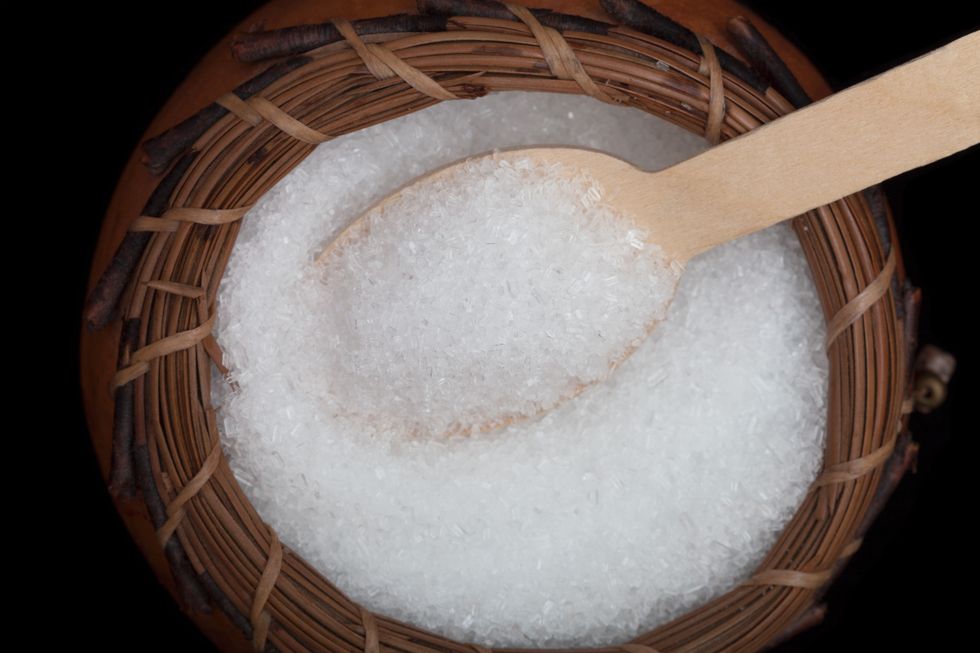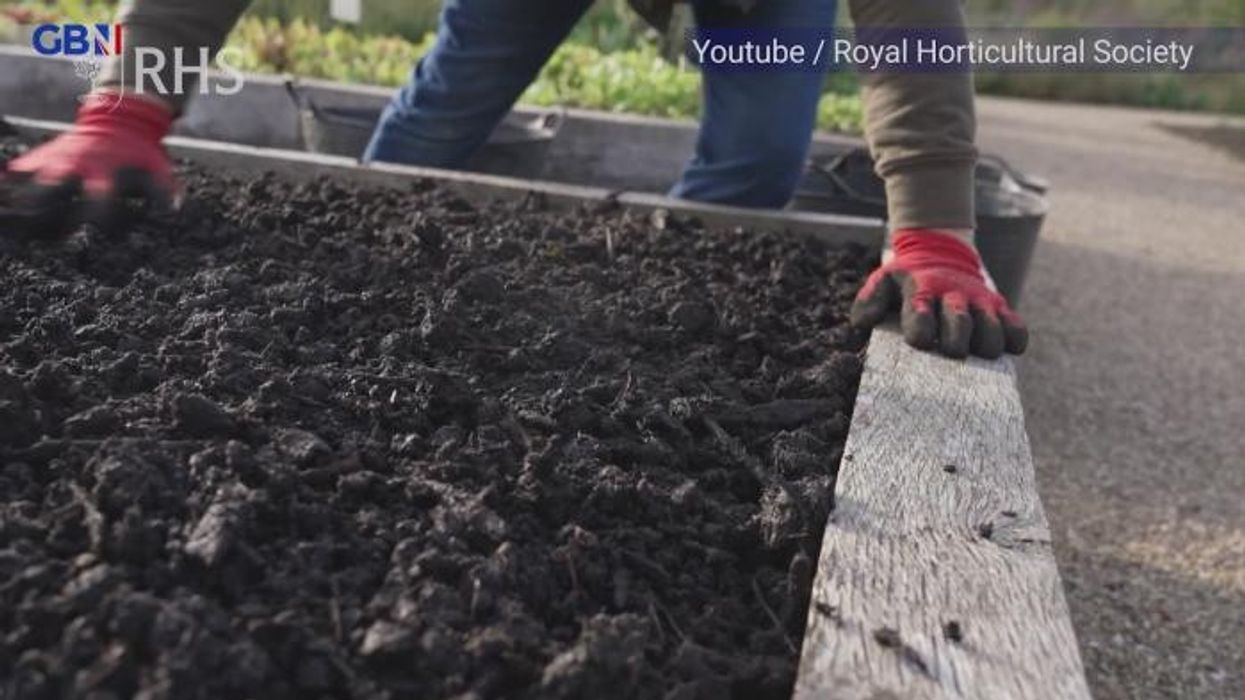Kitchen staples bring drooping flowers back to life and help them perk up for days - 'Use as spray'

Incorporating natural ingredients into gardening practices could beneficial to plants
Don't Miss
Most Read
Latest
As sustainable planting trends gain momentum, gardeners are turning to essential kitchen ingredients to maintain the health of their greenery.
Ingredients like sugar have been shown to give plants a nutrient boost when used correctly. Some experts suggest it gives wilting plants a new lease of life.
Cut plants benefit most from the ingredients because they can adequately absorb sugar - unlike potted flowers.
This sends a false signal to the flower that helps keep it alive, prompting buds to bloom.

Flowers rely on sugar to photosynthesis
|GETTY
The process is most beneficial to dying plants, which bounce back to life quickly after feeding on the sweetener.
It should be noted, however, that the effect is short-lived and eventually the flower will die.
Experts at Garden Street strongly recommend using the hack at the first signs of wilting.
“Consider using floral preservatives or adding a teaspoon of sugar to the water to nourish the flowers,” they suggest.
Adding as little as one teaspoon of sugar to a vase can extend the flower’s lifespan by several days.
The experts added: “Recut the stems at an angle every few days to ensure they can absorb water efficiently.
"Keep the [flowers] away from direct sunlight and drafts to prevent wilting.”
The nutrient may also be beneficial to garden plants, so long as it's used sparingly.
Some experts feed sweetened water directly to their soil to encourage microbial activity in the ground and reverse signs of wilting.
LATEST DEVELOPMENTS

Epsom salt contains several of the ingredients plants need to thrive
|GETTY
When used in excess, however, sugar can cause damage to plants that are otherwise healthy by changing how their roots absorb vital nutrients.
In other words, it could prevent flowers from getting what they need - causing more harm than good.
Alternatively, gardeners can use Epsom salt to give plants a nutrient boost.
“Adding Epsom salt to the soil can increase magnesium and sulfur levels,” says Jane Dobbs, who is responsible for leading the team at Allan’s Gardeners.
“For plants that require these nutrients, such as tomatoes and peppers, dissolve Epsom salt in water and use it as a foliar spray or soil drench.”











